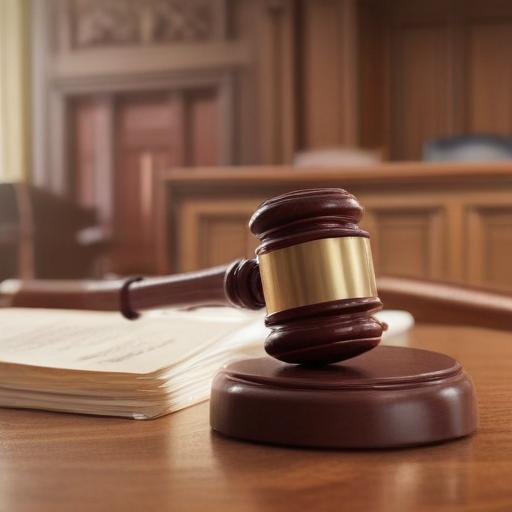Judge James Boasberg has issued an order to Secretary of State Marco Rubio, who is currently acting as the archivist, to gather any Signal messages from prominent Trump administration officials and submit them to the Justice Department. The directive comes amid concerns regarding compliance with the Federal Records Act (FRA), which mandates the preservation of government records.
While Boasberg noted that he cannot intervene regarding messages that have already been deleted, he emphasized the importance of collecting those messages that remain. This legal action follows a lawsuit from American Oversight, a watchdog organization, concerning a situation dubbed “Signalgate.” This controversy was sparked by a March report in The Atlantic about a leaked Signal group chat where officials discussed military operations against the Houthis in Yemen.
Boasberg pointed out that the court evidence indicates that several Trump administration officials have been negligent in their responsibilities under FRA. He believes American Oversight has made a compelling case that high-ranking officials used Signal for official communications while enabling auto-deletion of their messages, potentially violating record-keeping laws.
In the wake of this ruling, the judge stated that the only viable recourse is to ensure that Rubio consults Attorney General Pam Bondi to safeguard the remaining messages from deletion. Chioma Chukwu, the executive director of American Oversight, expressed frustration that court intervention was necessary to enforce compliance with basic legal obligations and stated that the organization is prepared to take further legal action if necessary.
The fallout from Signalgate has already seen the resignation of national security adviser Mike Waltz and his deputy Alex Wong from the Pentagon, with investigations also extending to Defense Secretary Pete Hegseth’s Signal group chat. Notably, Judge Boasberg has faced significant criticism from former President Trump, who has called for his impeachment due to rulings against the Trump administration.
This situation underscores the ongoing scrutiny of government transparency and accountability, particularly in the context of modern communication methods. It serves as a reminder of the essential nature of maintaining proper records while adapting to contemporary technologies.
